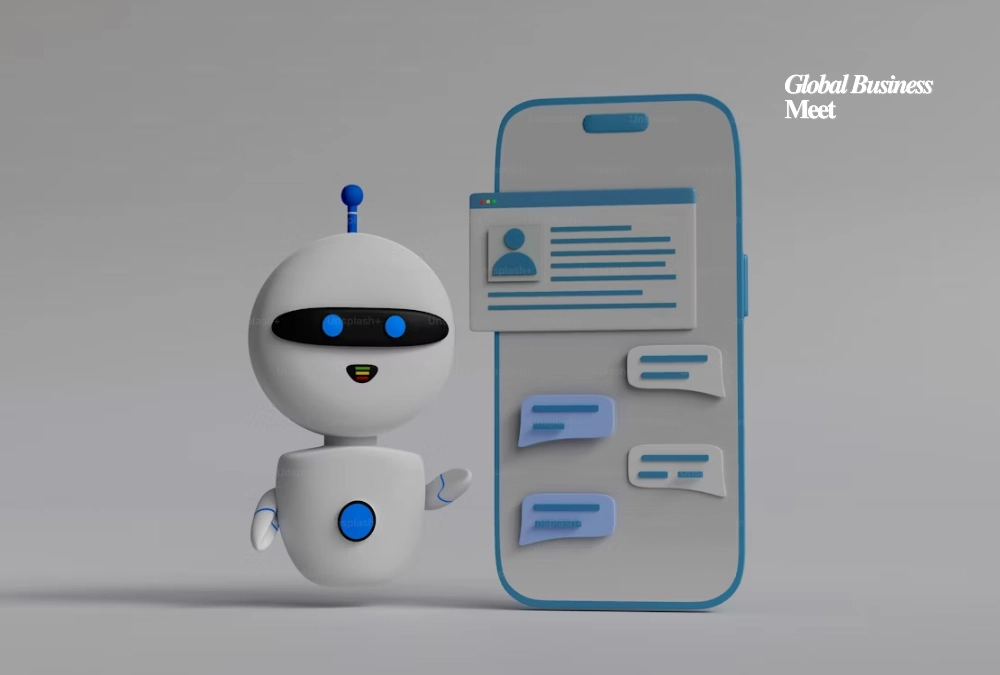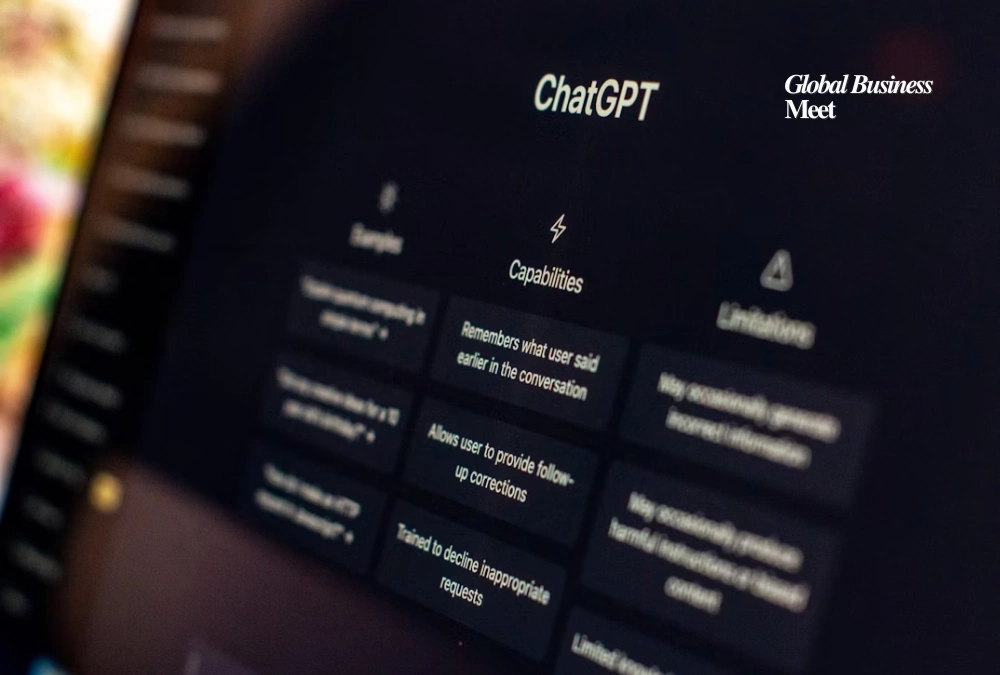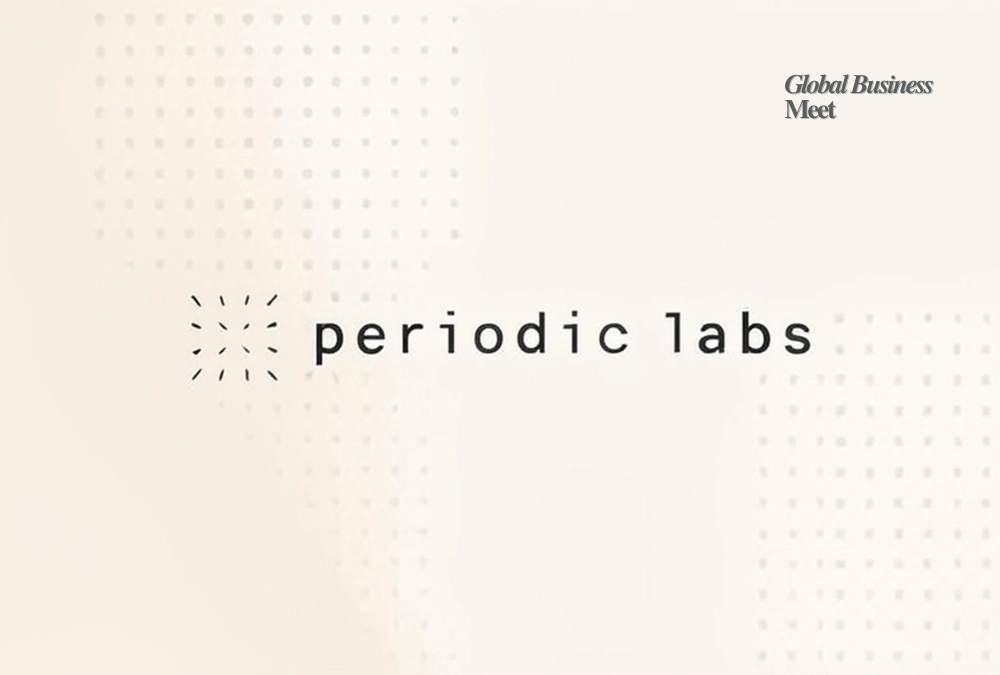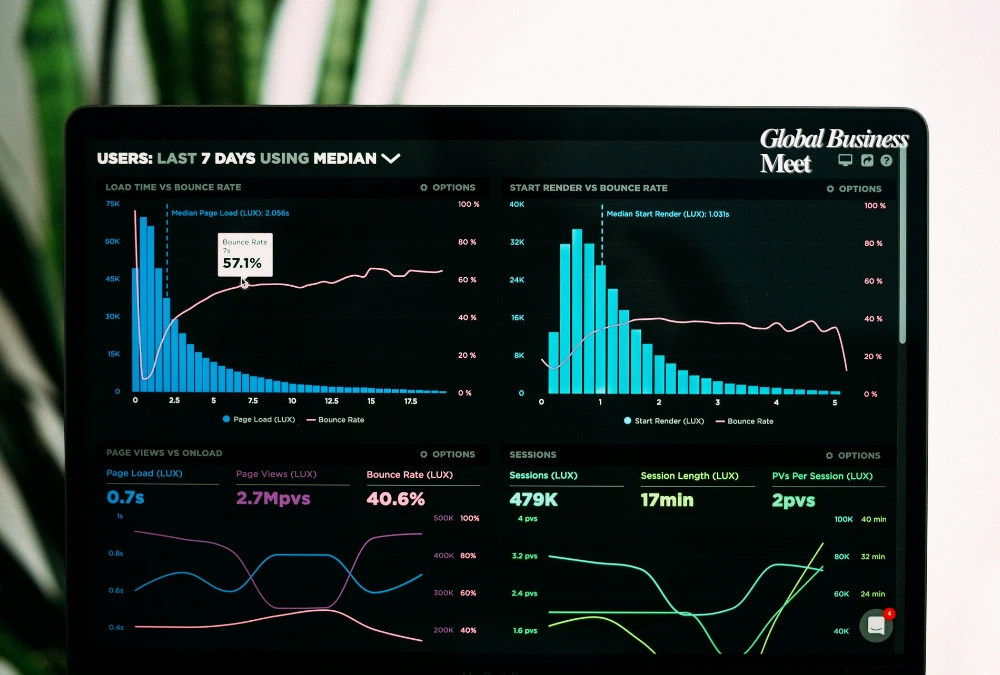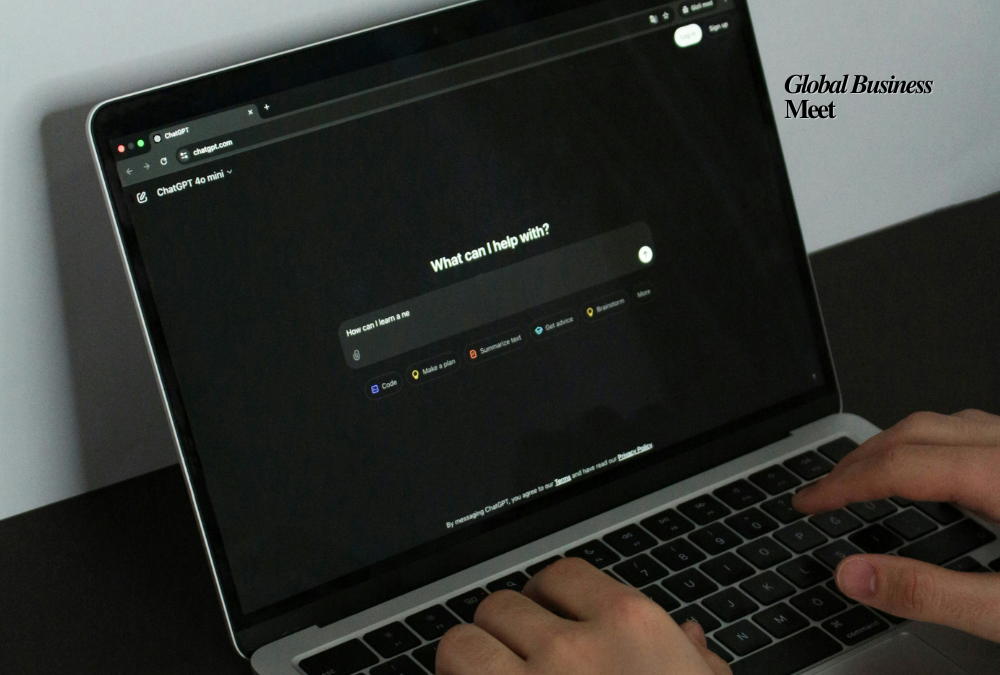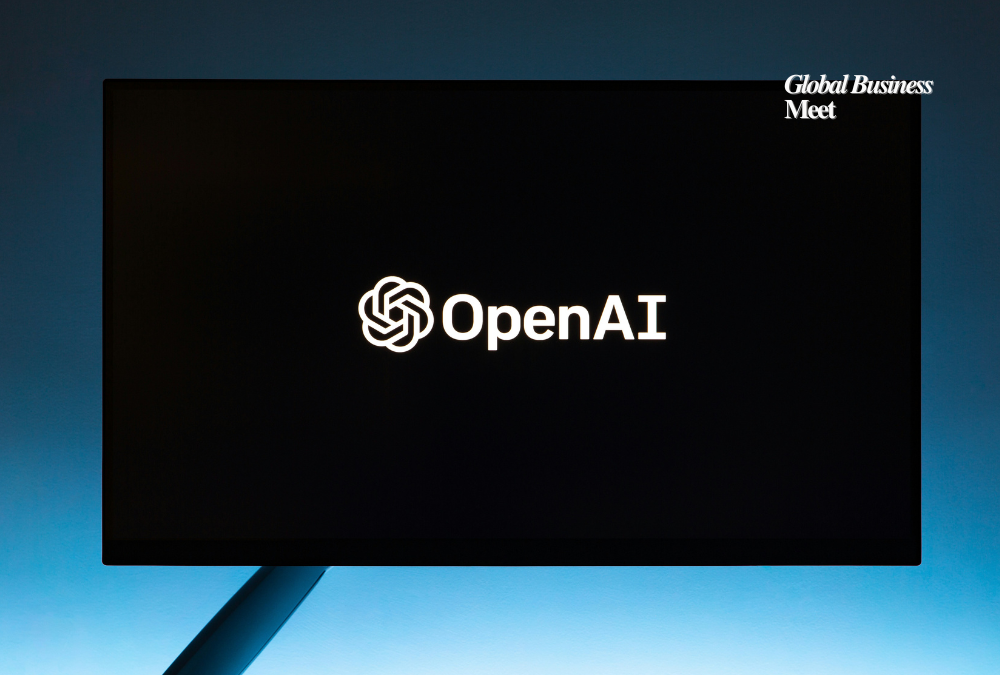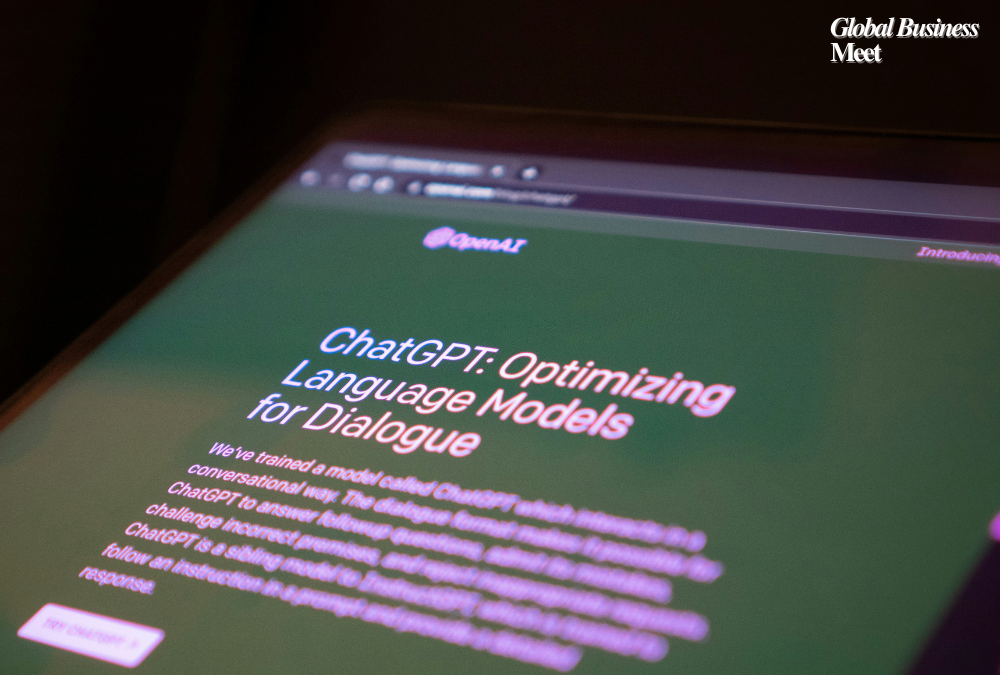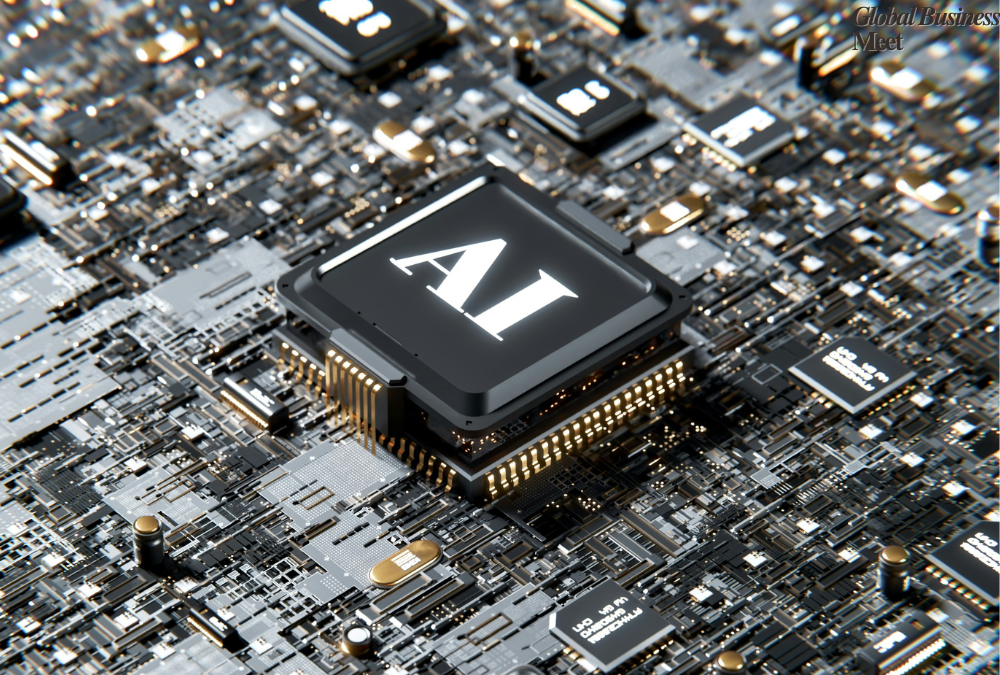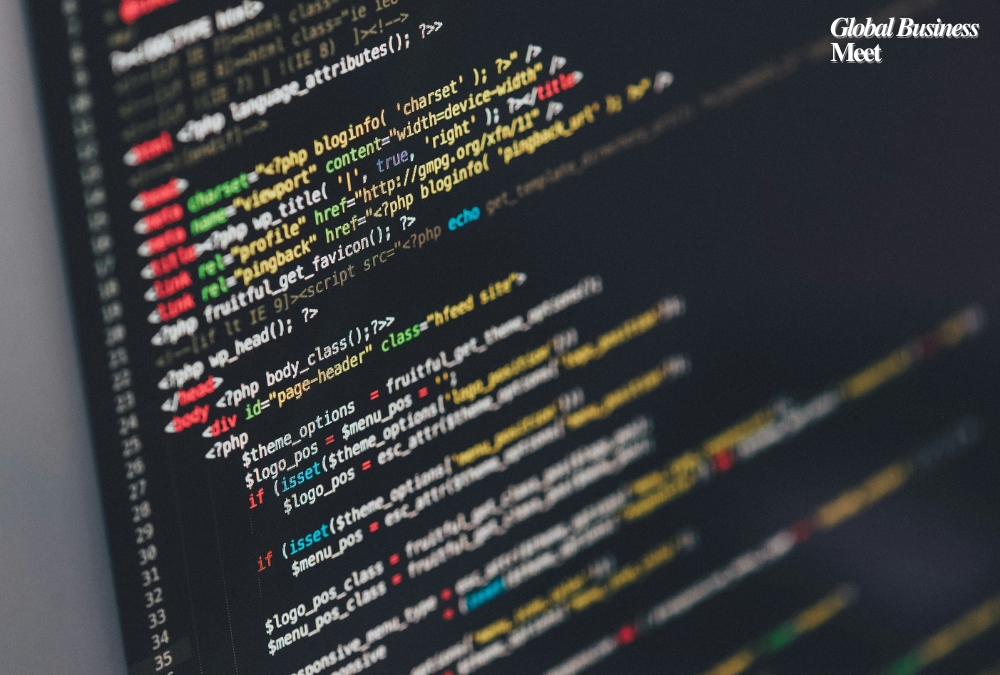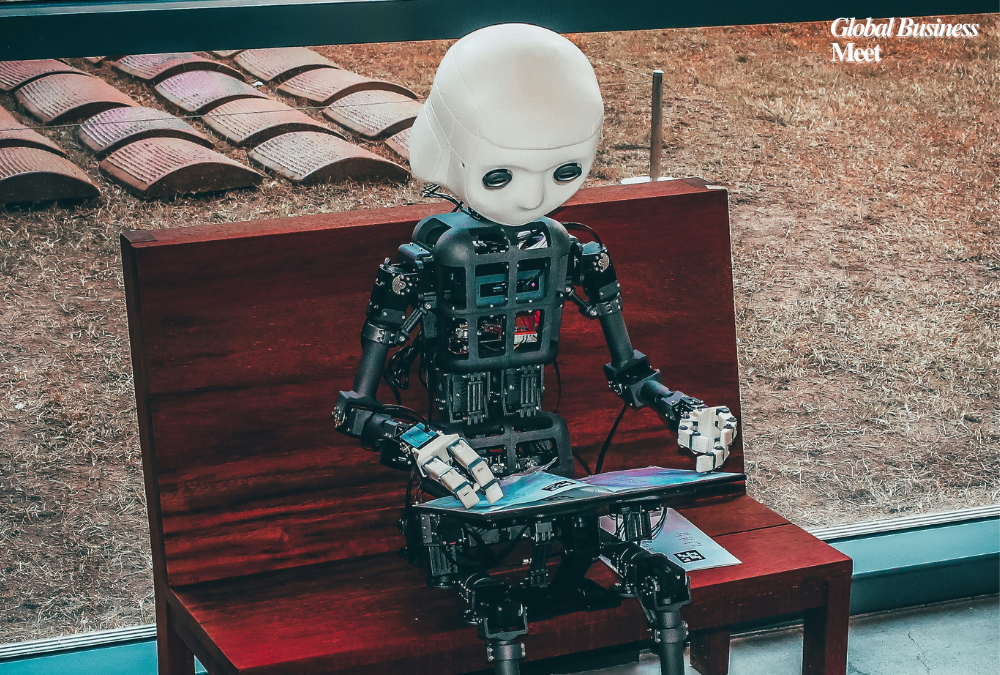
In a breakthrough in history, artificial intelligence (AI) has dramatically sped up the process of discovering a powerful antibiotic that can beat antibiotic-resistant bacteria, a feat that would have taken years if done in days. This breakthrough says a lot about the revolutionary promise of AI in fighting the growing threat posed by superbugs to global health.
Using AI algorithms, researchers at McMaster University and MIT discovered a novel compound that they later named abaucin. The compound demonstrates high activity against Acinetobacter baumannii infection that the WHO has classified as an extreme threat due to its antibiotic resistance. AI approach yielded hopeful candidates for experiments in the laboratory by filtering vast chemical libraries and forecasting their antibacterial activities.
As abaucin is a narrow-spectrum active compound, given that it affects only certain bacteria leaving others viable, its identification acquires especial importance. With this specificity, there is lesser chance for continued resistance development and lower chances for unintended killing of beneficial bacteria. The drug shows an innovative treatment approach as it stops lipoprotein transport within bacteria, contrary to existing antibiotics. This success stands on the shoulders of earlier success in AI-powered drug discovery. The same researchers at MIT used artificial intelligence to discover halicin, a broad-spectrum antibiotic effective against a variety of drug-resistant bacteria, in 2019. Halicin’s new mode of action involving the disruption of the electrochemical balance across bacterial cell membranes reignited interest in the use of AI in developing antibiotics. The use of AI in drug development processes reduces some of the drawbacks of conventional practices, which tend to be labor-intensive and expensive. AI quickens the drug discovery pipeline through the ease with which it streamlines the task of finding likely drug candidates through the rapid review of large datasets and the anticipation of molecular potency. Since antibiotic resistance is expanding at a faster pace than new antibiotics are being developed, efficiency is essential in the fight against superbugs.
But bringing such lab findings to the clinic requires enormous testing to prove human safety and effectiveness. Large-scale clinical trials are still required to ensure the medicinal worth of drugs like abaucin, even if AI has sped up the initial discovery process. Scientists hope that further advances in AI can not only speed up the development of new antibiotics but also improve the accuracy of diagnosing certain infections, without sacrificing the efficacy of current treatments.
Finally, the potential of AI to identify abaucin successfully represents a new paradigm for antibiotic discovery and promises to contribute to the global antimicrobial resistance fight. The incorporation of AI technology in biomedical research holds promise in tackling some of the most important health emergencies of our time as science evolves.







